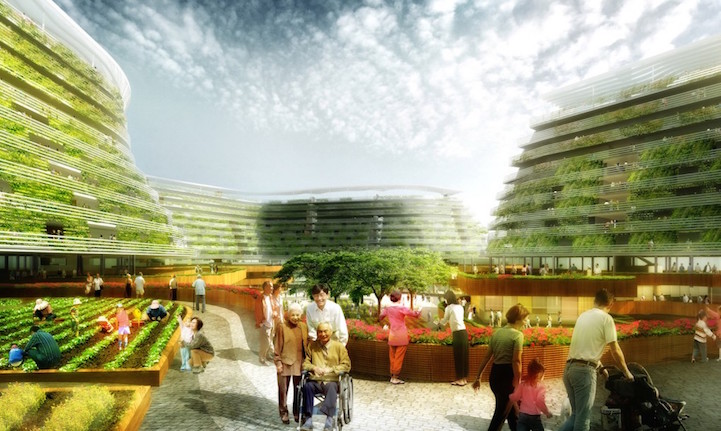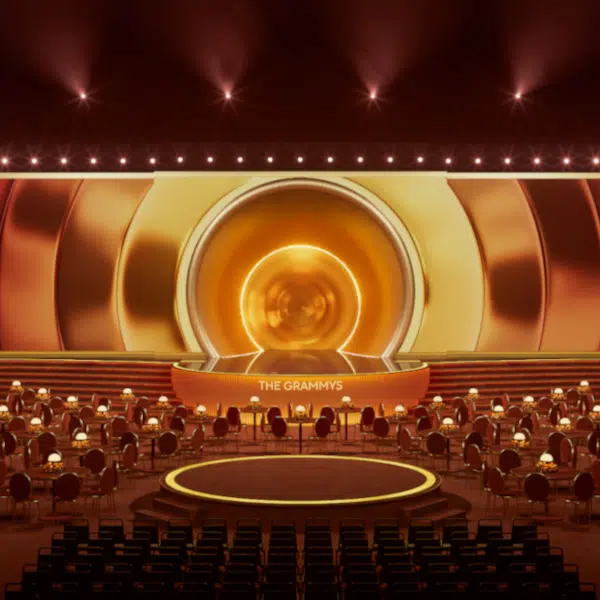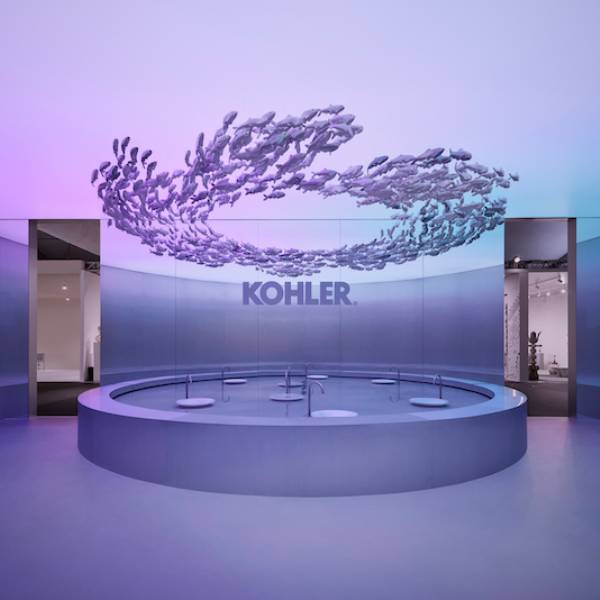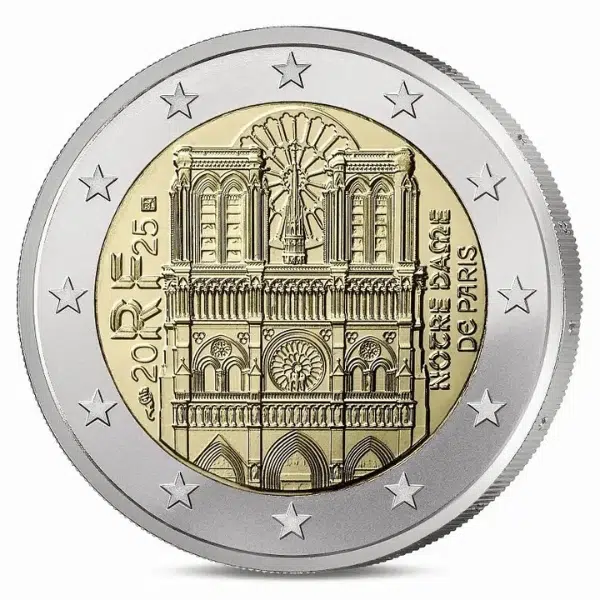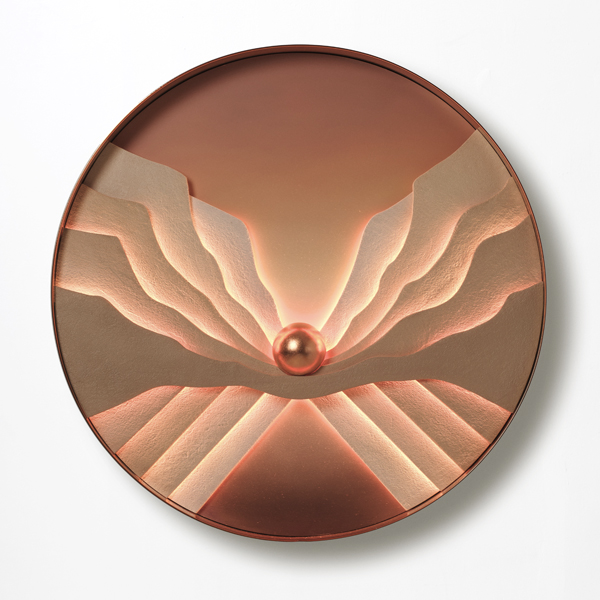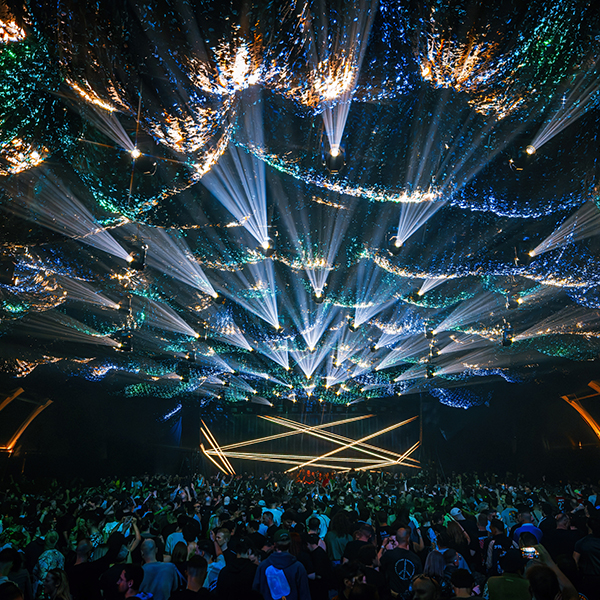Architecture firm Spark has recently unveiled Homefarm, a health, housing and farming concept that revolutionizes urban retirement. The proposed plan would offer its residents a space for living and another for farming, allowing them to take part in the agricultural process if they wish.
Spark's idea is an alternative to typical retirement communities and nursing homes, which can feel impersonal and sterile. Instead, they hope to make this lifestyle change an active and empowering experience. This comes at the right time, too–Singapore's aging population, for instance, is rapidly increasing. By the year 2030, one-fifth of residents are expected to be over 65 years old. In addition, a majority of its food is imported rather than locally grown, so Homefarm will help increase production of domestic fruits and vegetables.
The curvilinear structure will wrap around a large central courtyard that's outfitted with staggered terraces and an aquaponic vertical farming system. Having this eco-friendly arrangement will collect rainwater and treated gray water, with fish waste providing the nutrients needed to grow produce. Any agricultural waste will be fed into an onsite biomass power plant.
Homefarm will include a variety of housing styles. One-bedroom studios will be available, as well four-bedroom apartments to accommodate larger, multi-generational families. All units will have views of the courtyard and marketplace, where residents can work on a part-time basis. Here, they would sell the fruits and vegetables for additional income, which can have positive psychological benefits. “The commercial farming activity supports its residents in a socially and environmentally sustainable environment,” Spark director Stephen Pimbley explained to Dezeen, “helping the older generation retain an active community involvement that mitigates against dementia and promotes self-esteem.”
The architects hope to build the first installment of Homefarm in Kuala Lumpur by 2018.
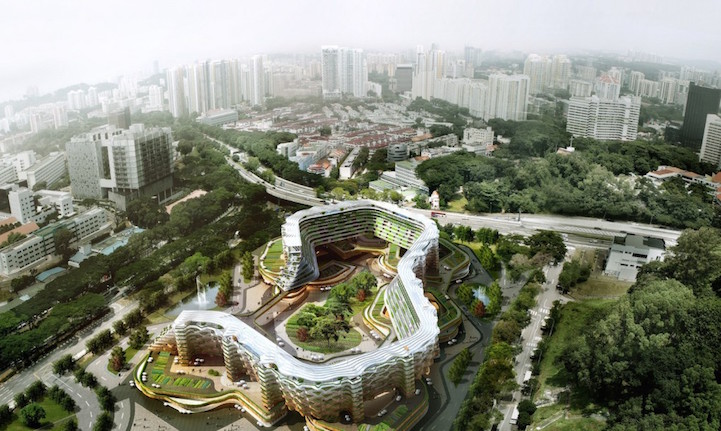
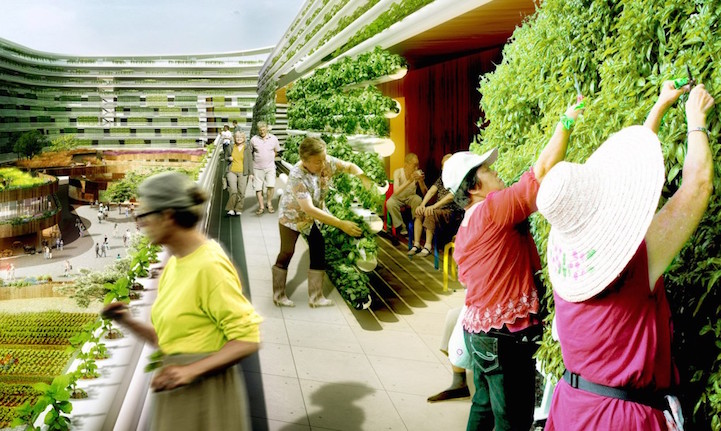

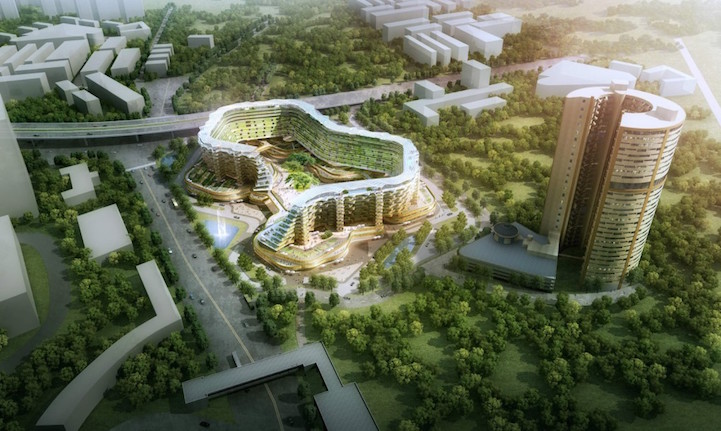
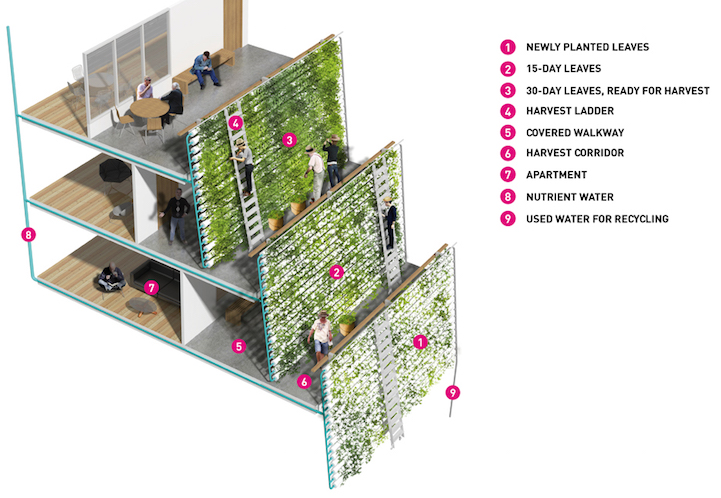
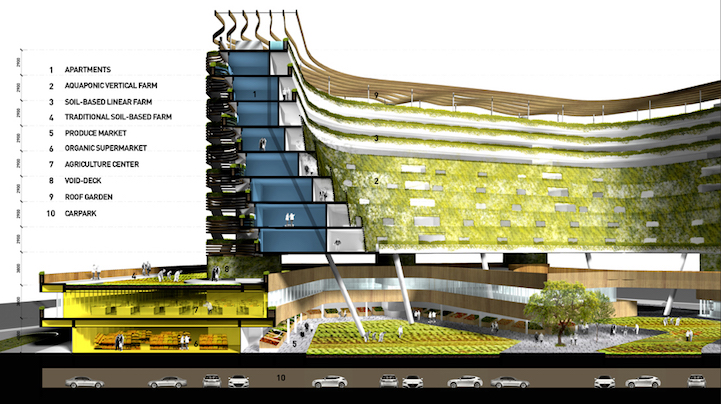
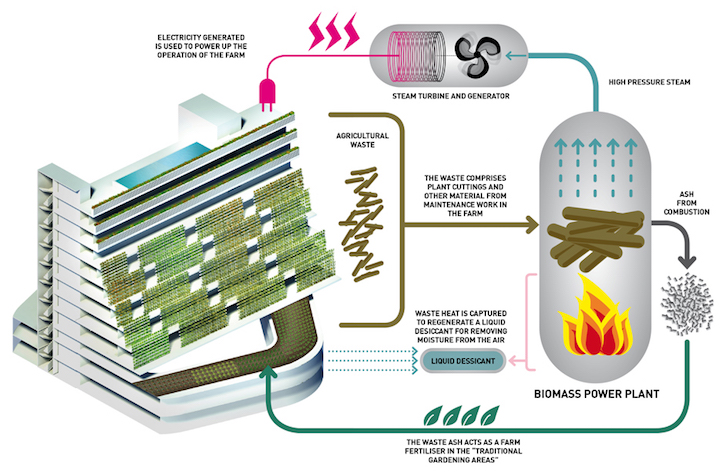
Spark Architects: Website | Facebook
via [Dezeen and Inhabitat]
